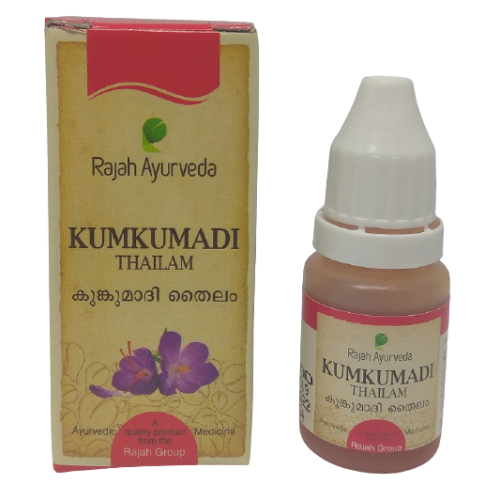Ayurveda, an ancient system of medicine, has a rich and profound history that stretches back thousands of years. Derived from two Sanskrit words, “Ayur” meaning life, and “Veda” meaning knowledge, Ayurveda is often referred to as the “Science of Life.” This holistic approach to health and well-being encompasses not only physical aspects but also mental, emotional, and spiritual aspects of human existence. In this blog, we will delve into the origins of Ayurveda, its evolution, and its impact on the world.
Ayurveda’s roots can be traced back to the Indian subcontinent, where it flourished as a comprehensive system of healing around 5,000 years ago. The ancient texts known as the Vedas, particularly the Atharva Veda, contain references to the principles and practices of Ayurveda. The knowledge of Ayurveda was believed to be divinely revealed to ancient sages or “rishis” during deep states of meditation. These revelations were then passed down through generations in the form of sacred texts such as the Charaka Samhita and the Sushruta Samhita.

In its early stages, Ayurveda was an oral tradition, with knowledge transmitted from teacher to student through rigorous apprenticeship. Over time, the teachings were systematized and compiled into written texts. The two prominent Ayurvedic scholars, Charaka and Sushruta, played crucial roles in organizing and documenting the principles, diagnosis, and treatment methods of Ayurveda.
Ayurveda gained significant popularity and influence during the ancient and medieval periods in India. It expanded beyond the borders of the Indian subcontinent and reached neighboring regions such as Sri Lanka, Nepal, Tibet, and parts of Central Asia. Ayurvedic knowledge and practices were also shared with other ancient civilizations through trade routes, fostering cross-cultural exchanges and influencing medical systems like Traditional Chinese Medicine and Greco-Roman medicine.
Central to Ayurveda is the concept of balance and harmony between body, mind, and spirit. The human body is viewed as a microcosm of the universe, consisting of five basic elements—earth, water, fire, air, and ether—which manifest as three fundamental energies or doshas: Vata (air and ether), Pitta (fire and water), and Kapha (earth and water). Health is achieved when these doshas are in a state of equilibrium, while disease arises from their imbalances.
Ayurveda employs a holistic approach to diagnose and treat ailments. It incorporates various methods such as herbal medicine, dietary guidelines, lifestyle modifications, yoga, meditation, massage, and detoxification procedures like Panchakarma. Individualized treatments based on the unique constitution of each person, known as Prakriti, are integral to Ayurveda’s approach.

Despite the advancements in modern medicine, Ayurveda has continued to thrive and make significant contributions to healthcare and well-being. Today, it is recognized as an alternative and complementary medicine system in many parts of the world. Ayurvedic principles are applied not only in medical settings but also in wellness retreats, spas, and lifestyle practices.
In recent years, Ayurveda has gained global attention due to its emphasis on natural and holistic healing. Its principles align with the growing interest in mind-body-spirit connections and the pursuit of wellness beyond mere absence of disease. Ayurvedic therapies, herbal remedies, and dietary supplements have become sought-after alternatives for individuals seeking a more holistic approach to their health.
The ancient wisdom of Ayurveda has left an indelible mark on the world of medicine and wellness. Its holistic principles and practices continue to guide individuals on a path to optimal health and well-being. If you are intrigued by the healing potential of Ayurveda, Ayurvedic Mall, an esteemed e-commerce website, offers a wide range of authentic Ayurvedic medicines, supplements, and wellness products. Visit Ayurvedic Mall at https://ayurvedicmall.com/ to explore the transformative power of Ayurveda and embark on a journey of holistic healing.
Remember, Ayurveda is not just a medical system but a way of life that can lead to a balanced and harmonious existence. Embrace the wisdom of this ancient science and experience the transformative effects it can bring to your life.



